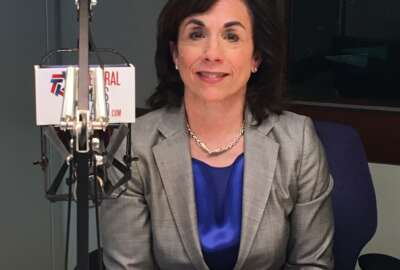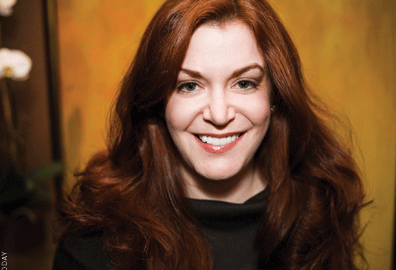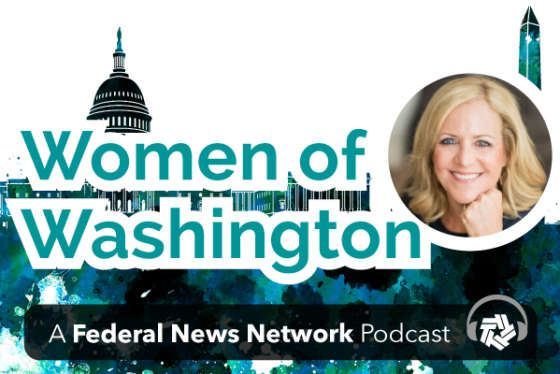
Breaking down the barriers of gender equality
On this episode of Women of Washington, hosts Gigi Schumm and Aileen Black welcomed Margaret “Margie” Sullivan, founder and CEO of Sullivan Strategy, an...
On this episode of Women of Washington, hosts Gigi Schumm and Aileen Black welcomed Margaret “Margie” Sullivan, founder and CEO of Sullivan Strategy, an advisory firm dedicated to corporate growth strategies. Sullivan is also a partner at Growth Opportunity Fund, a startup venture capital firm focused on social impact and profitability.
A career in politics wasn’t necessarily where Sullivan envisioned her future at first. As the oldest of seven children, expectations were pretty high. In the 1970s, she said success was measured by the size of your bank account and not your brains.
“The cool thing to do … was to go to Wall Street. It [was] kind of the ‘Me’ generation and everybody was going to get rich,” she said. “So that was my big game plan.”
After attending a career fair and meeting with her academic adviser, she settled on following a political track. She began her career as a staffer on the hill. What makes her story unique though is she joined at a time when gender equality was still a new and developing concept.
Her academic adviser, Condoleezza Rice, helped her find her potential, Sullivan said.
“I think that it felt like I was playing a sport that I was just naturally really good at. I started out on Capitol Hill and all of the machinations of the legislative process completed animated me. I loved waking up every day and going to work,” she said.
A couple of years later, Sullivan became a professional staff member of the House Intelligence Committee, where the male-dominant workplace was even more pronounced.
“I was hired in no small part because there were no professional female staffers on the committee and there was a big report about how Congress demanded equality in the workforce but didn’t live up to it itself,” she said. “[But also] I think [it was] my demeanor and my style. Once more, I wanted to get along and fit in and have gender disappear as an issue because I could so seamlessly blend in.”
Sullivan helped change the game for women in the political sphere. Working alongside many men — both former members of the military and men decades older than she — Sullivan grew into her role and build trust.
Sullivan said this wasn’t always true with men outside her immediate office, and she had to learn to look beyond the distrust and the fact that many didn’t like the idea that she was young and female.
“The other experience I had professionally being a female in a male dominated world is my first job in the executive branch,” she said of her time working with former Defense Secretary William Perry.
Sullivan started in his office as his chief of staff right after Black Hawk Down. Perry helped sculpt her into the hard-worker she is today. She said she appreciated that he didn’t care about age or gender. He cared about hard work. She said she was his “right hand” and the sole woman in many of the meetings.
“He just cared about … professionalism,” she said of her former boss. “I guess my lesson is that there’s no substitute to strong leadership in terms of shaping a culture and shaping a dynamic.”
At the end of the Clinton administration, Sullivan’s life took a sharp turn as she relocated back to her native California in light of her father’s developing health issues.
She said it was during those years when she learned to “lean into the unexpected,” and be always be prepared.
“Preparation to me meant anticipating what a meeting was going to be about and to at least think through what I had to add to it and just the process of preparing even if you had [only] two minutes,” Sullivan said. “It gave me the opportunity to mentally set myself up so that if I didn’t get ignored … I was prepared for the situation.”
Copyright © 2025 Federal News Network. All rights reserved. This website is not intended for users located within the European Economic Area.
Steff Thomas is a digital editor at Federal News Network.
Related Stories






